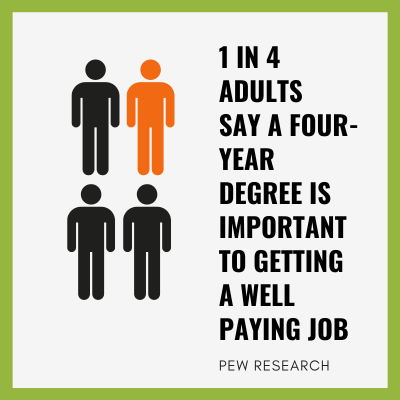New Report from The World Economic Forum
-
Youth happiness is in decline worldwide, due to a combination of social, economic, technological and ecological pressures.
-
This drop-off will have future economic and health consequences.
-
Sustained healthcare, education and social media reforms must be implemented to support young people.
We live in a world where teenagers grapple with a sense of crisis before adulthood; a time when young people, historically beacons of optimism, report lower happiness than their elders.
In the “seven ages of man” depicted in As You Like It, Shakespeare painted later life stages as melancholic, but the latest World Happiness Report unveils a concerning reality: young people worldwide now report lower happiness levels than their elders. Since 2006, levels of reported youth happiness have declined in North America, South America, Europe, South Asia, the Middle East and North Africa.
1. Economic challenges
- Rising costs. Young people face a steeper climb to prosperity than previous generations. Housing, education and healthcare affordability can be major roadblocks to financial security and overall well-being. Student loan debt and stagnant wages further squeeze their finances, delaying milestones like home ownership and starting families, which contribute to feelings of accomplishment and stability. This isn’t just a Western phenomenon; a 2022 World Bank report found rising housing costs are also a major concern for young adults in developing economies like Brazil and India.
- Job market. The gig economy and precarious work arrangements offer less security and benefits compared to traditional careers. This lack of stability makes financial planning difficult and increases anxiety about the future. A 2023 report by the International Labour Organization found youth unemployment rates remain stubbornly high across developed economies, and are even worse in developing countries.
2. Social and technological pressures
- Social media. While offering connection, social media can fuel inadequacy and social comparison. A 2022 study found a strong correlation between increased social media use and symptoms of depression and loneliness in young adults, likely a global trend.
- Social isolation. Despite online connections, young people might experience a lack of strong, in-person relationships due to factors like decreased leisure time, geographical mobility or social anxieties. Feeling disconnected from a supportive community can negatively impact happiness.
3. Uncertainty and anxiety
- Climate change. The looming threat of climate change weighs heavily on younger generations. They inherit a world beset with environmental challenges and may feel a lack of control or agency to address them.
- Political polarization. Increased societal and political divisions can fuel anxiety and hopelessness. Witnessing constant negativity can be emotionally draining. A 2023 UNICEF report found young people in conflict zones around the world, like Syria and Yemen, report particularly high levels of anxiety and depression.
Get the full report here.
Or if you are ready to see how Jobspeaker can help, schedule a demo today!


